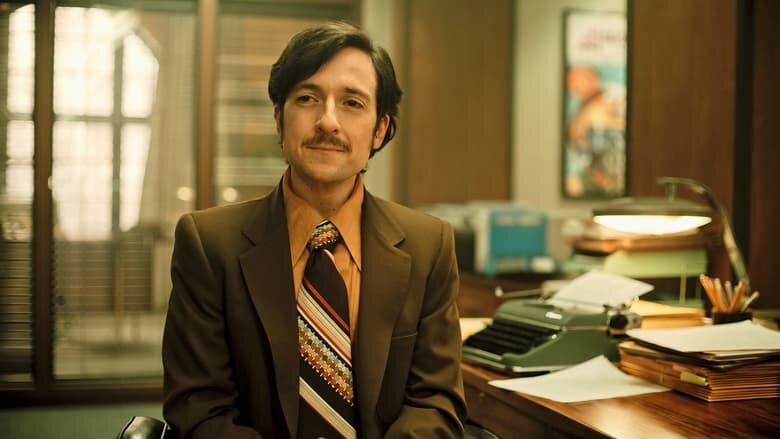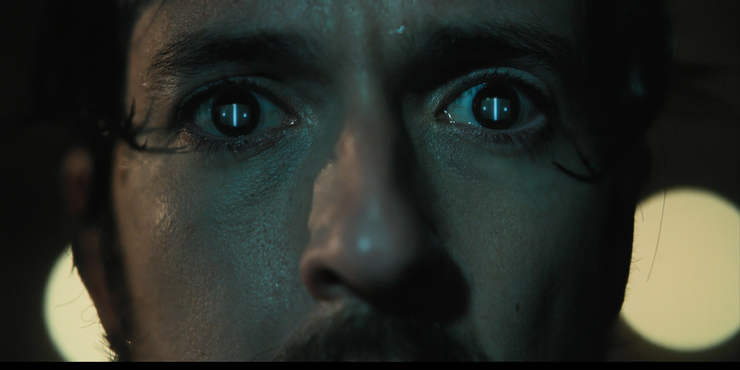I remember the first time I played Wolfenstein 3-D.
I was seven years old, and my bedroom was across from my dad’s office in our condo in North Carolina. One day I walked in and saw him playing what looked like a video game on his work laptop (an ugly, chunky thing with a black-and-white screen that was nevertheless state-of-the-art for the time). Before I had even managed a close look at the actual game, I was floored. It looked great and, even more astoundingly, the graphics were moving fast. That just didn’t happen at the time; the computer games I’d played on our Macintosh SE, while fun, were chunky, slow-moving ordeals that were good for a moment of amusement but not hours of play. If I wanted my mind blown, that was our Nintendo’s department.
“Whoa,” I said, slack-jawed.
“Cool, huh?”
I nodded.
“Come on,” my dad said, getting up from his seat. “Give it a try. Just, er…don’t tell your mom. This game is kind of violent.”
That intrigued me. I sat down.
My dad pressed a button that brought up the title screen, and I immediately understood what he had meant. A man in a prison uniform held a pistol as he leaned against the wall. Around the corner, a Nazi walked in his direction. The prisoner’s face was full of rage and—I thought—just a touch of glee.
My dad pressed “New Game,” and selected the difficulty setting. The screen melted away, bringing my mind with it.
“Why does it look this way?”
“It’s first person,” my dad responded. “That means you’re seeing what the character sees.”
“Whoa.”
I was in a jail cell. A hand holding a gun hovered on screen. A man lay dead on the ground ahead. Pressing the up arrow on the keyboard, I passed over the body and through the cell door. I turned a corner. A Nazi soldier stood ahead.
“Press the enter button,” my dad urged.
I did, three times. The gun fired, three times. The Nazi screamed and bent backward, a spritz of blood gushing up before he fell down dead.
My experience with video games up to that point had been Mario and the Legend of Zelda. Enemies were stomped. They flickered inoffensively after being bopped with pixelated swords. They were never shot.
I was panicked. I was horrified.
I was hooked.
In the end, my dad had to tell me it was time to turn the game off. He had work to do. I don’t think I played a violent game again for three years. But the experience left an indelible mark; for the violence, true, but mostly for a perspective on what games could be that hasn’t been matched since. My appreciation for the game’s technical achievements would only deepen years later, when as an adult I read about the early history of ID Software in the book Masters of DOOM, by David Kushner.
Maybe two or three times in my life I’ve revisited Wolfenstein 3-D. I never play past the first episode. As much as I appreciate the game’s technical achievement for the time (it managed to run blazing fast graphics on machines designed to show static spreadsheets), it gets pretty repetitive. DOOM holds up better.
But I’ll never forget that moment I shared with my dad, when he gave me a brief glimpse into the future.









